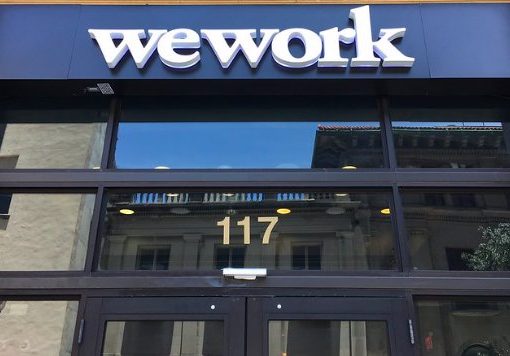 In this series, we’ve asked Covestor managers: “What is the single most important lesson you’ve learned about being a successful investor, and how do you try to apply that today?”
In this series, we’ve asked Covestor managers: “What is the single most important lesson you’ve learned about being a successful investor, and how do you try to apply that today?”
Author: Czar Reyes
Covestor model: Abandon Stock Aggressive
I am a civil engineer by profession. I was born and raised in the Philippines and studied at Ateneo de Manila University and De la Salle University.
I consider myself both a fundamental and quantitative investor. I’d like my every investment decision to be backed by clear math and logic. My engineering background comes in handy in determining formulas that guide my decisions on whether to buy, hold or sell a security.
What’s the single most important lesson you’ve learned about investing?
Always find ways to improve your investment strategy. This is the lesson I consider the most important in investing. It’s a lesson I learned because of mediocre performance of my portfolio in the past and my inspiration to constantly grow as a portfolio manager.
Average performance was enough for me to realize that I needed to find a better way to invest. Before I started my model with Covestor, I wasn’t that conscious of my performance compared to a benchmark such as the S&P 500. Life was simple back then. There was no pressure, no competition and no comparison. From the time I joined Covestor – which publicly displays performance rankings – I became obsessed with my performance, always thirsting to get the number one spot. But I have had periods that were very disappointing.
I’ve found inspiration from the life of famed investor Jesse Livermore, who wrote: “The game of speculation is the most uniformly fascinating game in the world. But it is not a game for the stupid, the mentally lazy, the person of inferior emotional balance, or the get rich-quick adventurer. They will die poor.” This quote from Livermore’s book How to Trade in Stocks (Wasendorf & Associates Inc, November 14, 2001), as well as Livermore’s other writings, constantly reminds me of the importance of continually learning more as a stock investor.
How do you apply that lesson in your current investing? What are the challenges to doing so?
Every new strategy I introduce in my portfolio brings unique challenges I have to overcome.
I recently added risk arbitrage to my strategy, alongside my core strategy that aims to buy attractive businesses at a discount to intrinsic value as determined by my methods.
Picking mergers that will likely close as planned is the challenge every arbitrageur has to face. This strategy has limited upside and the possibility of very large losses – which doesn’t sound good at first, but if you consider the short holding period and manage to succeed in finding mergers that close with a high success rate, the strategy can be compelling.


